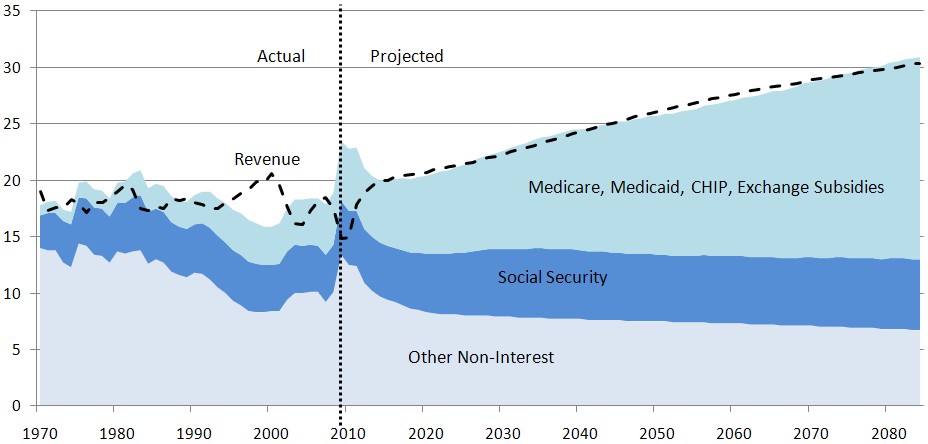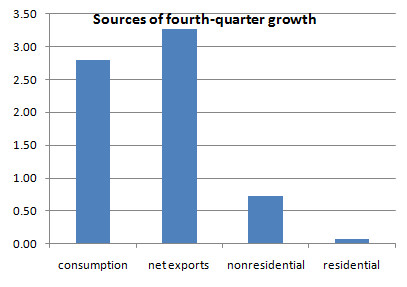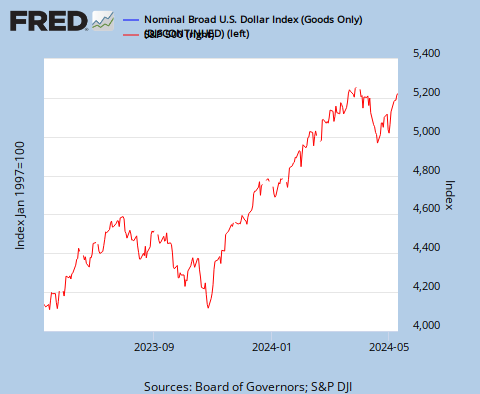From the
Monell Chemical Senses Center.
PHILADELPHIA (March 7, 2011) – A new research study dramatically increases knowledge of how taste cells detect sugars, a key step in developing strategies to limit overconsumption. Scientists from the Monell Center and collaborators have discovered that taste cells have several additional sugar detectors other than the previously known sweet receptor.
“Detecting the sweetness of nutritive sugars is one of the most important tasks of our taste cells,” said senior author Robert F. Margolskee, M.D., Ph.D., a molecular neurobiologist at Monell. “Many of us eat too much sugar and to help limit overconsumption, we need to better understand how a sweet taste cell ‘knows’ something is sweet.”
Scientists have known for some time that the T1r2+T1r3 receptor is the primary mechanism that allows taste cells to detect many sweet compounds, including sugars such as glucose and sucrose and also artificial sweeteners, including saccharin and aspartame.
However, some aspects of sweet taste could not be explained by the T1r2+T1r3 receptor. For example, although the receptor contains two subunits that must join together for it to work properly, Margolskee’s team had previously found that mice engineered to be missing the T1r3 subunit were still able to taste glucose and other sugars normally.
Knowing that sugar sensors in the intestine are important to how dietary sugars are detected and absorbed, and that metabolic sensors in the pancreas are key to regulating blood levels of glucose, the Monell scientists used advanced molecular and cellular techniques to see if these same sensors are also found in taste cells.
The results, published in the Proceedings of the National Academy of Sciences USA, indicate that several sugar sensors from intestine and pancreas also are present in exactly those same sweet-sensing taste cells that have the T1r2+T1r3 sweet receptor.
“The taste system continues to amaze me at how smart it is and how it serves to integrate taste sensation with digestive processes,” said Margolskee.
This story was also featured on NPR's
Science Friday. In the Science Friday interview with Margolskee, Joe Palca asked
Okay, and so this chemical interaction or biochemical interaction between the protein that makes the receptor on the surface of the taste bud, that's a chemical event. But something happens in the brain that makes this turn into a perception of an event or a sweetness event.
But he never got an answer.
Correct. So you can think of the sweet receptor protein and the sugar or sweetener as kind of a lock and key, and when they encounter each other, it opens the lock. The door opens up. It excites the sweet taste cell, and that sends a signal to the brain, to particular centers of the central nervous system that respond to sweet.
That's as far as it went. Palca raised the question of the mystery of consciousness, and Markolskee ignored it.
Tasting sweetness is a very good example of what we mean by qualia. And our lack of knowledge about how it works is evident. We know a great deal about the chemical interactions that occur when sugar meets the body. But if you look at those interactions, you won't find anything there that tastes sweet. One would never know just by looking at chemicals that the result is the experience of sweetness. The gap between the chemistry and the experience is enormous, and we have no idea how to bridge it. It seems that no amount of chemistry will do the job.
Suppose we knew every last chemical reaction that occurs when we taste sweet. Would anyone know by looking at the chemistry that the result is sweet? No. How could they. The experience of sweet is not part of the language of chemistry. Worse, we don't know where that language does originate. How does the experience of sweetness appear in the world? We don't know. I wish I could say more, but that's the state of our knowledge about consciousness.
 From The Huffington Post
From The Huffington Post 













